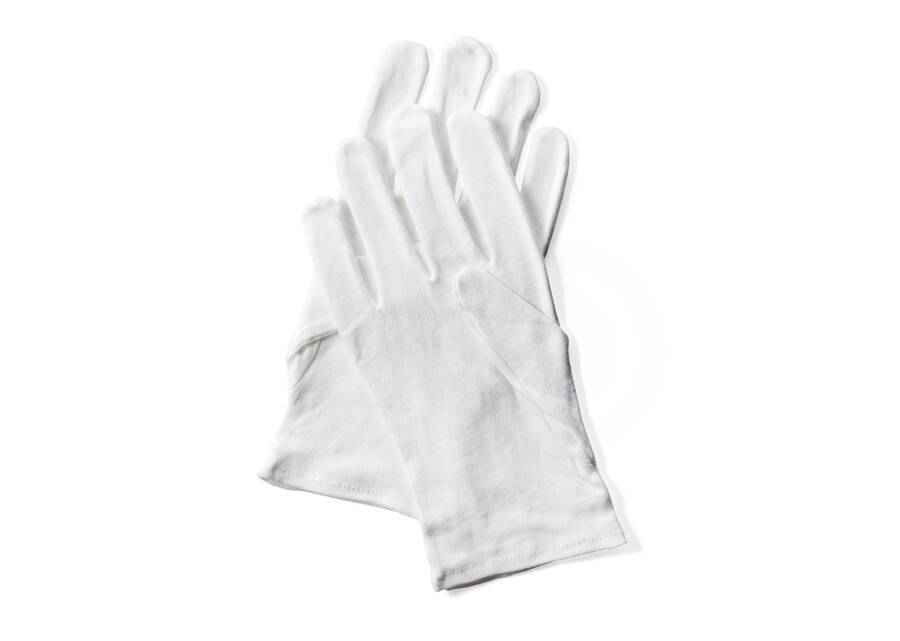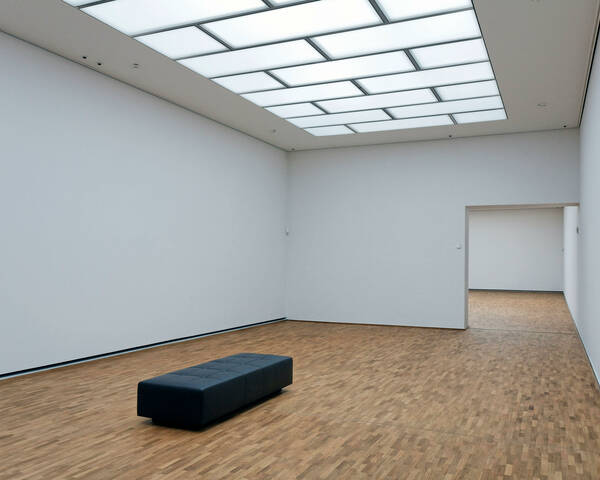Watching the Twilight

(English follows the Korean, below.)
When things feel impossibly devastating, the art I find myself seeking is not that which nudges me toward beauty, but that which offers me company in despair. This week, I am especially grateful for the work of Choi Seung-ja (b. 1952)—the self-described “descendant of darkness” and “priestess of emptiness”—who came to prominence amid the social and political upheavals of 1980s South Korea. Translator Emily Jungmin Yoon writes, “Choi Seung-ja’s poems shout and grit their teeth at the world. They are also painfully aware of what they can and cannot do.” In Yoon’s translation of Choi’s “Watching the Twilight,” language presents itself as a kind of sanitized body, a clinical object that exists beside the mess of the world, pointing at it. “Painstakingly, the sun sets. / Painstakingly, a person dies,” she writes. In this moment when distance reshapes our lives, I cherish this poem for how it confronts death without the consolation of intimacy, and the way it holds open despair as a space where we might be—and already are—together.
– Claire Schwartz
노을을 보며
살아 있는 나날의, 소금에
절여지는 취기 같은 저 갈증,
누군가의 망막에 증기처럼 번져 오르는 통증.
하지만 그래도 난 아냐, 난 못 해.
전라도인지 조지아인지
어디서 또 아픈 일몰이 시작되고
봐, 봐, 저 붉은 노을 좀 봐.
죽을동 살동 온 유리창에 피칠을 하며
누군가 나 대신 죽어가고 있잖아.
심혈을 기울여 해가 지고
심혈을 기울여 한 사람이 죽고
심혈을 기울여 지구가 돈다, 돌 때,
나는 인큐베이터 안에서 세계를 내다보고
내 할 일은 그대마저 다 죽고 난 뒤
흰 장갑 끼고
싸늘하게 빛나며
그대의 죽음에 비로소 입장하는 것뿐
Watching the Twilight
That thirst of living days,
thirst like salted drunkenness,
That pain, spreading like steam in someone’s retinae.
But still, no, not me, I can’t.
In Jeolla-do or Georgia or wherever,
somewhere, an aching dusk starts
and look, look, look, at that red sunset.
As if to die, as if to live, smearing blood all over the window,
someone is dying instead of me.
Painstakingly, the sun sets
Painstakingly, a person dies
Painstakingly, the Earth spins, and as it does,
I look out into the world inside an incubator
My job is, after you are done dying,
to put on white gloves,
glimmer coldly,
and only then, finally enter death.
“노을을 보며 ” [Noeureul bomyeo; "Watching the Twilight"] originally appeared in 기억의 집 [Gieogui jip; House of Memory], (1989).
Yoon's translation originally appeared in Against Healing: Nine Korean Poets (Tilted Axis Press, 2019).
Choi Seung-ja is a prominent feminist poet in South Korea. Her latest book, Mul wie ssŭiŏjin (Written on Water), was published in October 2016.
Emily Jungmin Yoon is the author of A Cruelty Special to Our Species (Ecco, 2018) and Ordinary Misfortunes (Tupelo, 2017). Yoon is the poetry editor of The Margins and a PhD candidate at the University of Chicago.
